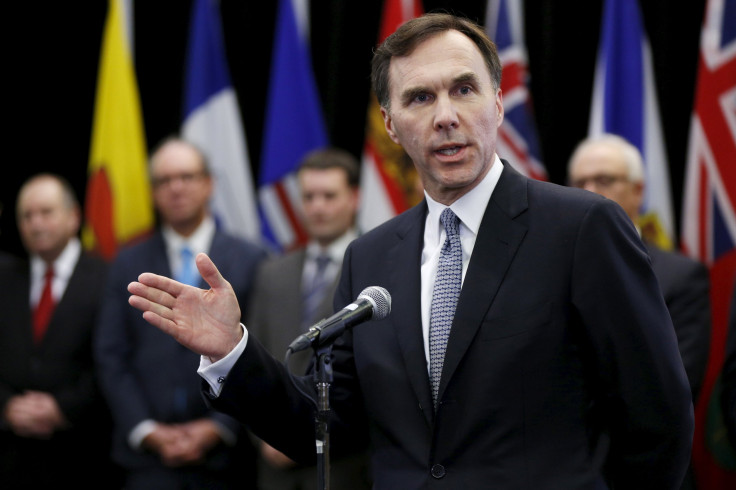Canada’s heavy reliance on oil led to failure in proper planning of economic future, says expert

Canadian economy's current ills have a lot to do with its relative immunity from the global financial crisis of 2008, thanks to a well regulated banking system and higher reserves. That privilege is now hurting the economy after several years, says an expert.
Unlike the recession that hit the United States and Europe after the global financial collapse of 2008, Canada’s insulation from global ills made it miss an opportunity for subjecting itself to the kind of economic self-examination made by the US and other countries.
According to economic blogger, Saeid Fard, the results are there to see. Canada is facing rising consumer debt, galloping real estate prices as the economy continues to stay hooked to just petroleum and housing sectors.
Between 2010 and 2014, Canada’s gross domestic product (GDP) grew by 19 percent riding on those sectors. But Canada cannot take credit for that growth as they were driven by factors beyond Canada’s control, reports The Globe and Mail.
Some of the economic drivers of that period were China’s booming economy and its thirst for resources. Oil prices were also up as Organisation of Petroleum Exporting Countries (OPEC) had an upper hand in fixing prices after Iranian petroleum supply was curbed by sanctions.
Many millionaires from economies like China invested their wealth in Canadian housing and Canada was graced with an oil boom under “fracking” technology that uncorked new petroleum sources in Western Canada, he added.
Bank of Canada Survey
Meanwhile, slowdown in the economy has been reinforced by a survey from the Bank of Canada. It said Canadian businesses' are hiring, but their investment intentions are lower than any time after the recession of 2009.
“The negative effects of the oil price shock are increasingly spreading beyond the energy-producing regions and sectors," the quarterly business outlook survey said. It said low oil prices and other commodities “pose significant challenges for many businesses.”
The survey was conducted between mid-November and early December 2015 and oil prices have slipped further, reports CBC.
Minister’s concern
Meanwhile, Canada’s federal finance minister Bill Morneau said the Canadian economy is facing slower growth than was originally envisaged by the former Conservative government. He told a Halifax meeting of the local Chamber of Commerce that his department's growth projections since the 2015 budget have gone awry since the oil prices have halved from the 2014 price levels, CTV News reported.
The minister said he was hopeful that oil prices will improve, but a depleting tax base is still worrying his ministry as a shortfall of US$15 billion (CA$21.3 billion) per year in GDP from 2016, is staring at them.






